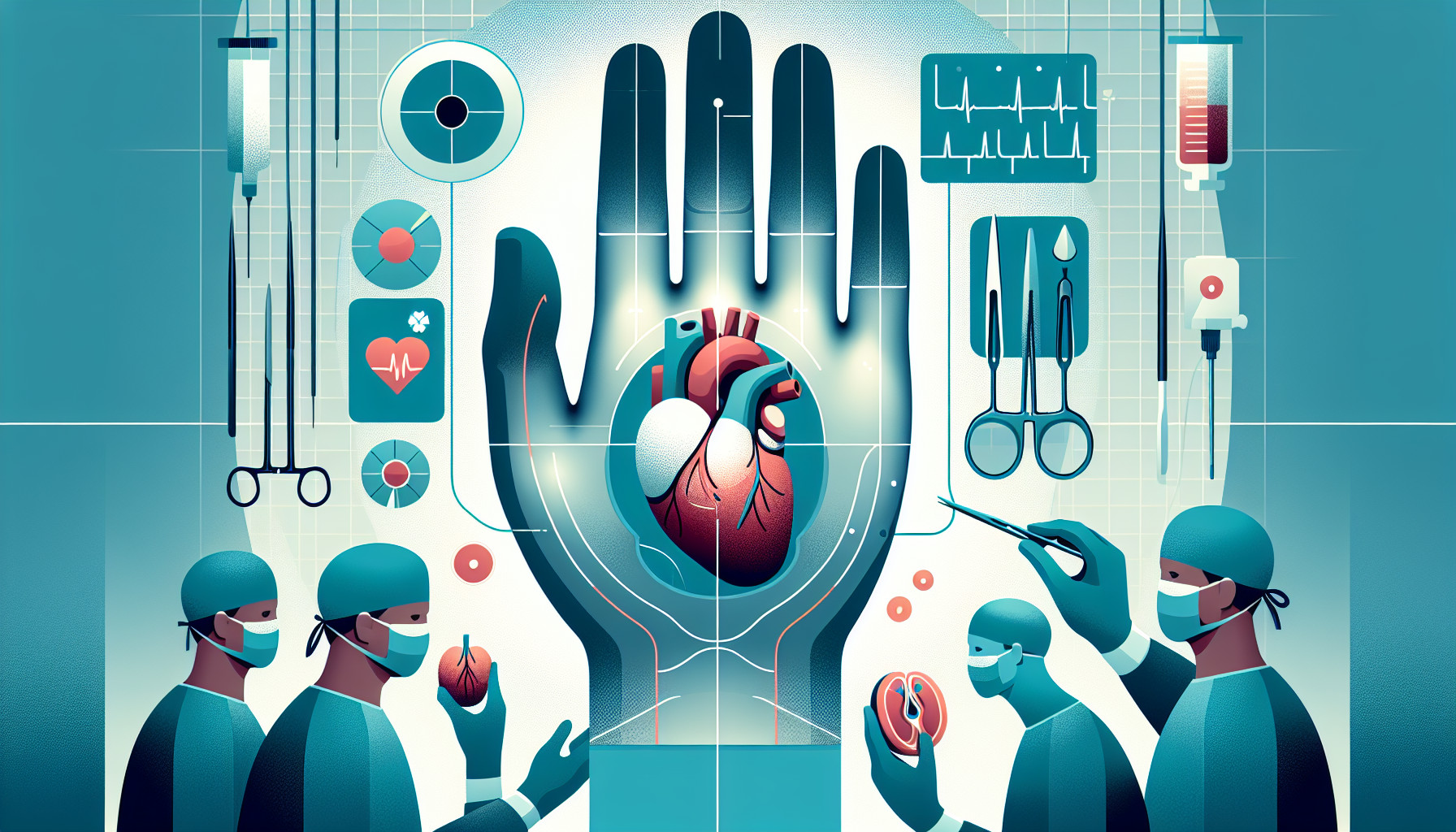Our Summary
The paper reviews how recent advancements in transplant pathology are helping to personalize treatment for patients who have received an organ transplant. It emphasizes the importance of a careful match between the donor and recipient, which can now be done more accurately due to next-generation DNA sequencing. This technology allows for better monitoring of any antibodies that may develop after the transplant and could potentially harm the new organ.
The paper also discusses how machine learning is changing traditional tissue pathology, making it more precise. This, combined with new and traditional lab tests, can help identify any risks or early signs of the new organ not functioning well before it becomes a serious problem.
However, the researchers point out the need for better software to integrate all the data from various sources and to provide the most accurate assessment of how well the transplanted organ is doing and whether there needs to be any changes in medication to suppress the immune system.
FAQs
- How is next-generation DNA sequencing contributing to advancements in transplant pathology?
- How is machine learning improving the precision of traditional tissue pathology?
- What is the need for better software in transplant pathology, according to the researchers?
Doctor’s Tip
One helpful tip a doctor might tell a patient about hand transplant is to closely follow their medication regimen as prescribed. This is crucial to prevent rejection of the transplanted hand and ensure its long-term success. It is also important for the patient to attend regular follow-up appointments with their transplant team to monitor the hand’s function and overall health. Additionally, practicing good hand hygiene and avoiding activities that may put the hand at risk of injury can help protect the transplanted hand.
Suitable For
Patients who may be recommended for a hand transplant typically include those who have lost one or both hands due to trauma, severe burns, congenital deformities, or other medical conditions. These patients must also have exhausted all other treatment options and have a strong desire to regain hand function. Additionally, patients must be in good overall health and have a supportive network of family and friends to help with the recovery process. Hand transplant candidates also undergo a thorough psychological evaluation to ensure they are mentally prepared for the challenges and lifelong commitment that come with a hand transplant.
Timeline
Before a hand transplant:
- Patient undergoes evaluation to determine if they are a suitable candidate for a hand transplant
- Patient is placed on a waiting list for a donor hand
- Patient undergoes psychological evaluation and counseling to prepare for the transplant
- Donor hand is identified and matched to the recipient
- Surgery is performed to transplant the donor hand onto the recipient
After a hand transplant:
- Patient undergoes intensive rehabilitation and physical therapy to regain function and sensation in the transplanted hand
- Patient takes immunosuppressant medication to prevent rejection of the donor hand
- Patient is monitored closely for signs of rejection or complications
- Patient continues with long-term follow-up care to ensure the success of the transplant
- Patient may experience improvements in quality of life and function with the new hand
What to Ask Your Doctor
- What is the success rate of hand transplants?
- What are the potential risks and complications associated with hand transplant surgery?
- How long is the recovery process after a hand transplant?
- What kind of physical therapy or rehabilitation will be necessary after the surgery?
- How will I need to adjust my lifestyle or activities after a hand transplant?
- What are the long-term effects of taking immunosuppressant medication?
- How often will I need to follow up with my doctor after the surgery?
- Are there any specific signs or symptoms I should watch out for that may indicate rejection of the new hand?
- Will I be able to feel or use my new hand in the same way as my original hand?
- Are there any alternative treatments or therapies that I should consider before proceeding with a hand transplant?
Reference
Authors: Wood-Trageser MA, Xu Q, Zeevi A, Randhawa P, Lesniak D, Demetris AJ. Journal: Curr Opin Organ Transplant. 2020 Aug;25(4):412-419. doi: 10.1097/MOT.0000000000000772. PMID: 32520786
